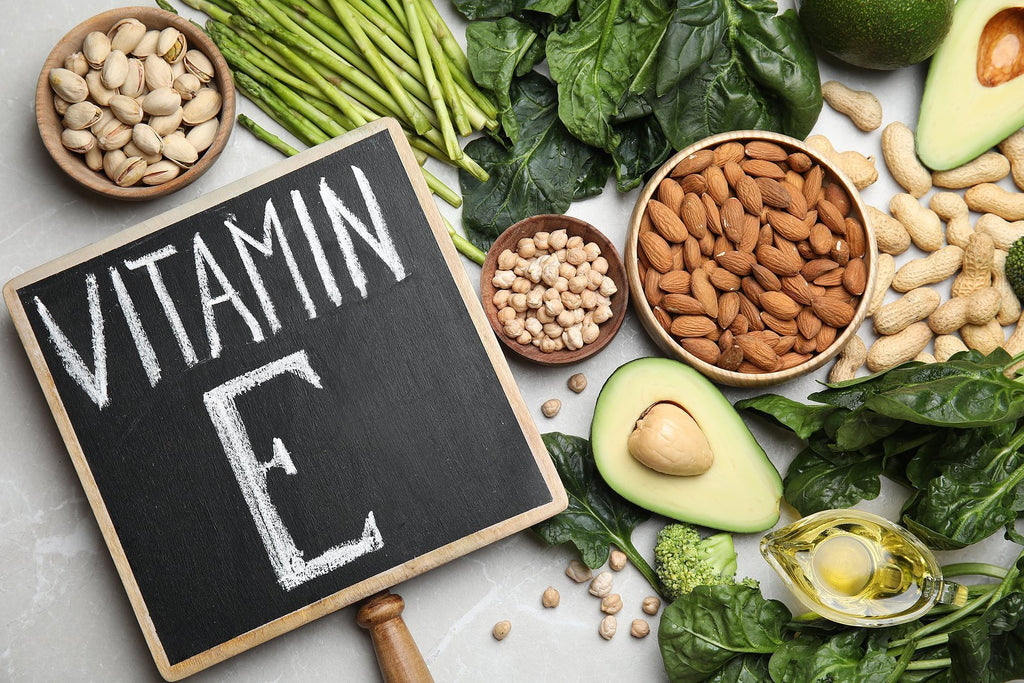Difference Between Organic, Non-GMO and Conventional Food
Do you really know the differences between foods labeled organic, conventional, and non-GMO? It’s a good idea to be sure you understand these terms clearly so you can make the healthiest decisions for you and your family.
What Does Organic Mean?
This is the best designation. You should strive to eat organic as often as possible.
Plant-derived food labeled as organic has been produced without the use of synthetic fertilizers, pesticides, sewage sludge (I’m not kidding, that’s actually part of the USDA definition), hasn’t gone through any kind of bioengineering, and hasn’t been produced using ionizing radiation.
As for animal products – like meat, poultry, eggs, or dairy products – organic means that the animals ate organic feed, were not given antibiotics or growth hormones, and had enough space to be comfortable according to government standards.
What Does Non-GMO Mean?
Non-GMO means a food has not been genetically modified – meaning not altered in a laboratory using genetic modification or engineering techniques.
Important note: organic is not the same as non-GMO. A non-GMO food might be organic or might not be organic. It’s possible for a food to be non-GMO but not organic, because it could be produced using an artificial fertilizer or chemical pesticides.
But an organic food is always non-GMO.
What Does Conventional Mean?
If a food is not organic, then the term used to describe it is conventional. That’s how you’ll see it in the grocery stores. Conventional means that pesticides and fertilizers may have been used in a bid to produce a higher yield.
Watch For Trap Words
Be aware of deceptive labels like “natural”, “pesticide-free”, and “hormone-free”. These are not the same as organic.
Only organic means organic.
Priorities For Choosing Your Food
Let’s get practical here to make it easy. Here’s the hierarchy for choosing your foods.
- Organic. Your best choice for good health is to eat organic foods as often as possible.
- Conventional and non-GMO with no hormones or antibiotics. If you choose not to eat organic or don’t have access to it, your next choice is conventional. While it’s not ideal, it’s okay. Just be sure that conventional food is non-GMO. If it’s an animal-derived food, be certain it was raised without growth hormones or antibiotics.
- GMO, hormones, antibiotics. You want to stay out of this category and keep to the top two, preferably in organic.
It’s really just as simple as that! So keep this in mind when making your food choices today.
Sharing is Caring
Know Your Body - Know Your Health






